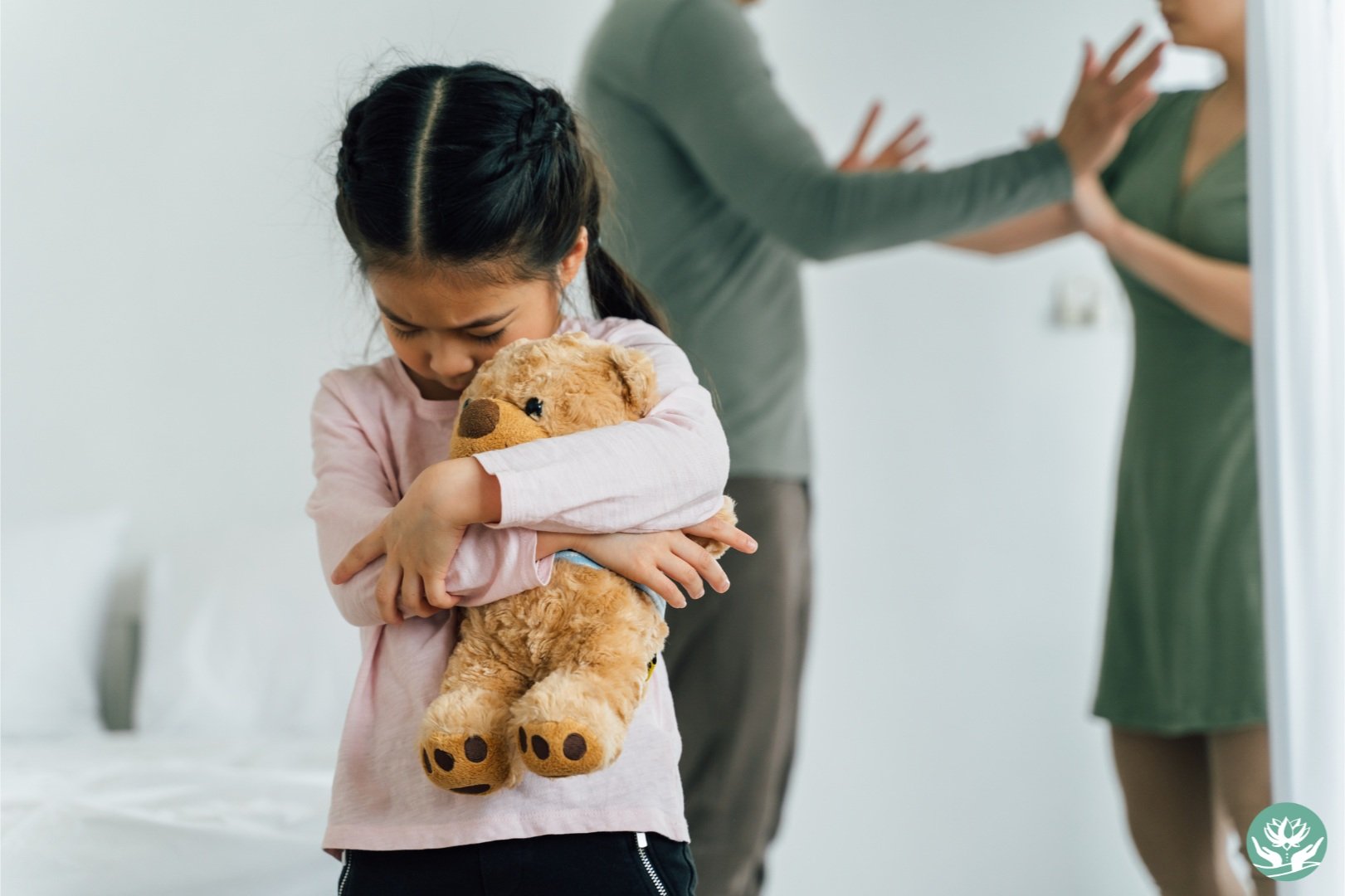
Addressing Domestic Violence Among Asian American & Asian Immigrant Communities (Webinar Series)
Webinar 3: Community-Based Interventions & Healing Recording & Slides
June 5, 2025
About
In this last webinar of the series, we will highlight key community-based programs that support the needs and healing of AAAI children, caregivers, and families impacted by domestic violence (DV), including Asian Women’s Shelter’s (AWS) Multilingual Digital Storytelling Project and Children’s Program based in San Francisco, CA. Drawing from community-based expertise and lived experiences of DV survivors, we will discuss culturally responsive and trauma-informed approaches for engaging AAAI DV survivors in healing, recovery, and advocacy.
Learning Objectives
As a result of attending this webinar, participants will be able to:
Describe at least two culturally responsive community-based practices and interventions for supporting the needs of AAAI children and families impacted by DV.
Explain at least two strategies to overcome potential barriers to accessing and engaging in treatment for AAAI children and families impacted by domestic violence.
Identify at least two positive outcomes of community-based programs and interventions on the mental health of AAAI children & families impacted by DV.
Moderator:
Cruz Chan, M.A., LMFT, RDT
Clinical Manager, Healing for Asians at Richmond Area Multi-Services, Inc. (RAMS), San Francisco
A Cantonese and Mandarin-speaking clinician, Cruz graduated from California Institute of Integral Studies (San Francisco), with a Masters of Arts in Counseling Psychology with a specialization in Drama Therapy. In Cruz's new role as Clinical Manager, Cruz will be further developing the RAMS Healing for Asians program which provides trauma informed mental health services to limited English speaking Asian victims of crime. This RAMS program is part of San Francisco’s multi-system, initial answer and collaborative solution to the “Anti-Asian Hate”. Cruz is a Licensed Marriage & Family Therapist as well as a Registered Drama Therapist. Cruz's background also includes providing mental health services to children, youth, families and adults at RAMS outpatient and school-based programs. Prior to clinical work, Cruz has also participated in many drama performances and was a radio host and producer in Macau. Currently, Cruz is actively receiving training in psychodrama under the guidelines of the American Board of Examiner of Psychodrama, Group Psychotherapy and Sociometry (ABE), and presented in the 2020 North American Drama Therapy Association Conference.
Speakers:
Courtney Cheng
Children’s Advocate
E-mail: courtney@sfaws.org
Slides
Courtney Cheng has been the Children’s Advocate at Asian Women’s Shelter for three years. Through strengths-based, client-led family engagement, Courtney supports numerous families at the emergency shelter who recently escaped family violence and nurtures a non-judgemental space that empowers families to build strong, healthy parent-child relationships. On her days off, Courtney loves reading, taking care of her plants, and spending quality time with her partner and dog, Sesame.
Orchid Pusey, MA
Executive Director
E-mail: orchid@sfaws.org
Slides
Orchid Pusey is the Executive Director of Asian Women’s Shelter (AWS), where she has been on staff since 2002. Orchid led AWS’s national training and technical assistance program for ten years, focused on building organizational and community capacities to center marginalized survivors of violence in the effort to end gender-based violence. Orchid loves learning and creating tools to help others learn. With a background in Linguistics, Orchid founded AWS’s 40-Hour Community Interpretation Training Institute (CITI), Multi-Lingual Digital Storytelling Project, and other projects focused on violence prevention and intervention through a multilingual intersectional lens.
Q&A:
Q: Have you had any experiences where clients in the shelter were able to attend therapy, but since therapy is westernized, that did not help or make long lasting change? How did you handle those situations?
A: Yes! Our relationship with western therapy is complex. We try to 1) share more information about clinical individual and group services so people can learn about behavioral health options in local U.S. systems and what ever resources they’re eligible for or can afford; 2) build relationships with culturally responsive clinical services whenever and however possible; 3) support individual clients to choose and unchoose therapy as they try it out with practitioners. Individual practitioners practice so differently from each other. So sometimes the mismatch is about how that particular practitioner applies their training to that client. And other times it’s because one-on-one therapy is not a mode that works for that client culturally. Culturally responsive services — social, psychological, medical, residential, etc.— are essential. (Orchid Pusey)
Q: I would have loved to hear what the dad told the daughter on the pain he’d caused. Are there any work that u know of that helps the other side of the DV equation - the Perpretrators?
A: Yes, it’s wild that after 45 days of silent meditation (and decades of violence), her dad apologized to his kids. I know it was a short conversation. Re: your question..I’ll try to sum up a few thoughts on different approaches to working with people using violence! 1) There are court mandated programs in different counties and states. Some still use “anger management” as a platform. In San Francisco we have a 52 week program that centers the changing of the mindset that causes a person to manage their anger just fine for their employer or someone they respect, and wreak violent rage against their partner and/or children and/or ex partners or people who reject their advances. 2) Culturally responsive batterer programs for Asian, Arab, Persian, Pacific Islander, etc. people are rare so far. 3) Transformative justice and restorative justice initatives are still having a hard time with the accountability part of their work. 4) Therapy doesn’t have an “unlearning violence” or “embracing responsibilitiy” subfield. (Orchid Pusey)
Q: What are the education that can be provided to the community to help the victims learn what are the right things to do to proctect themselves legally, to support their case in the legal system? because most of the time, domestic violence usually happened at home which makes it very hard to collect evidence to prove their situations.
A: SFAWS and other programs have initiatives to educate community members on their rights and on the flow of various legal systems (family, criminal, juvenile, immigration, etc.). Those systems are so confusing and frightening and potentially retraumatizing for most of our clients (and our own families and communities). So providing education so people can make their own informed decisions is a huge part of empowerment work for survivors/victims. There are a lot more materials online now as compared to when we opened in 1988! Including in some of the written languages that have large speaker communities (e.g. Spanish, Chinese). But still, side-by-side advocacy to demystify and navigate these systems is crucial. It takes time and money. Most of our clients have open cases in multiple courts for years. (Orchid Pusey)
Q: Are the shelters safe, secret spaces with no contact to public social services? Or do the shelters have legal obligation to notify public social services
A: In California we do not have to tell ANYONE about where we are. Including public social services personnel and including police. It’s actually a misdemeanor to reveal the location of a confidential domestic violence shelter. We train our people to increase their confidence in upholding our confidentiality of location (clients, children, staff, volunteers, interpreters). (Orchid Pusey)
Q: I have already completed a 40 hours training by another organization, is it okay for me to apply to be a volunteer in your organization?
A: That’s so awesome! Unfortuneately, because our DV training is specific to AWS programs, you would have to redo the training. However, reach out to our volunteer coordinator (in chat) to ask more! (Courtney Cheng)



